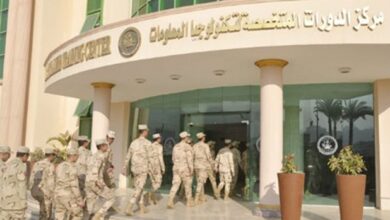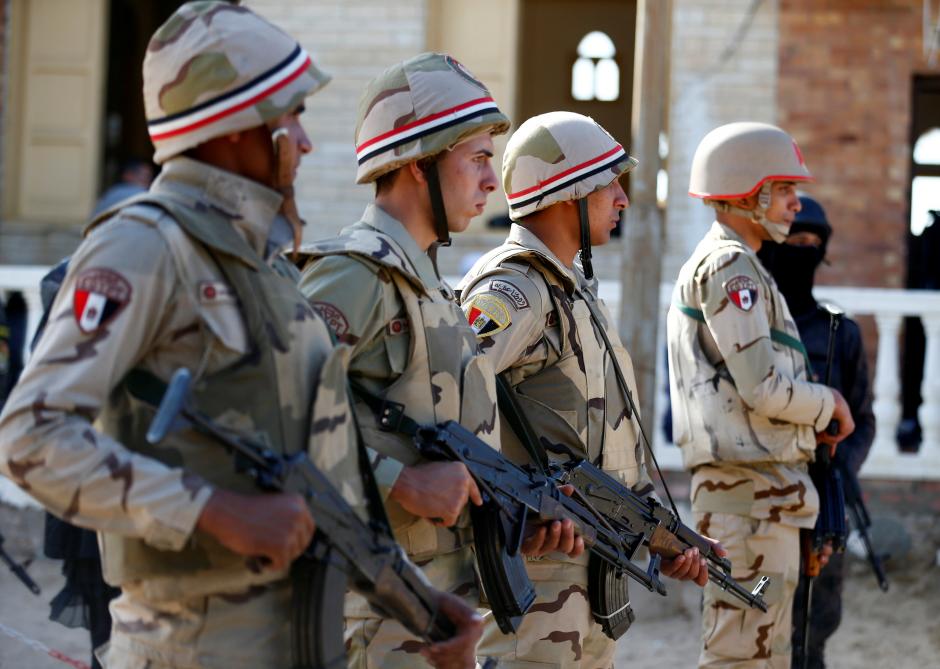Amnesty International (AI), the London-based human rights watchdog, renewed its call for the abolition of the law banning protests, military trials of civilians and Emergency Law in Egypt.
During his first official visit to Egypt, Salil Shetty, secretary general of AI, said at a press conference on Saturday that the transition presents an opportunity for the Egyptian authorities to reverse past abuses.
“There have been some important encouraging steps, including the release of administrative detainees, the dissolution of the old State Security Investigation Services and the commitment for Egypt to become a party to the International Criminal Court,” Shetty said. “As a statement of intent, the authorities should immediately scrap the Emergency Law and end the 30-year state of emergency. Its continued existence, combined with other new restrictive measures, is creating an atmosphere of distrust which is likely to seriously affect preparations for elections.”
Shetty added that while the ruling military council is on a quest to maintain the rule of law in the interim period, this is not a reason to try at least 7000 civilians before military courts, which fall short of the basic requirements of fair trial. He stressed the importance of holding accountable those within the military who are responsible for the forced virginity tests that female protesters underwent while in custody. During his visit, Shetty requested a meeting with the Supreme Council of the Armed Forces.
According to a press release issued by AI on Saturday, Shetty addressed the issue of torture elimination in his meetings with Minister of Interior Mansour al-Essawy and Deputy Foreign Minister Wafaa Bassim. “We welcome the announcement of a new panel to look into cases of torture. It is essential that it is able to investigate all cases of torture, including by the armed forces,” he said.
In Cairo and Suez, Shetty visited families of those who were victims of police brutality during the 25 January revolution. His visit comes amid mounting discontent from the families regarding the slow judicial process characterizing the trials of the implicated policemen. “More must be done for victims of serious injury, including payment of their medical costs. Government officials have said they are looking at how to help injured protesters, but to Amnesty International's knowledge no action has yet been taken,” read the press release.
After visiting Mansheyet Nasser, a lower income area where residents complain of state negligence and past police brutality, Shetty reiterated the need to bring to justice the killers of the revolution's victims. “The vast majority of the victims killed or injured during the January 25 revolution came from underprivileged backgrounds,“ he said.




